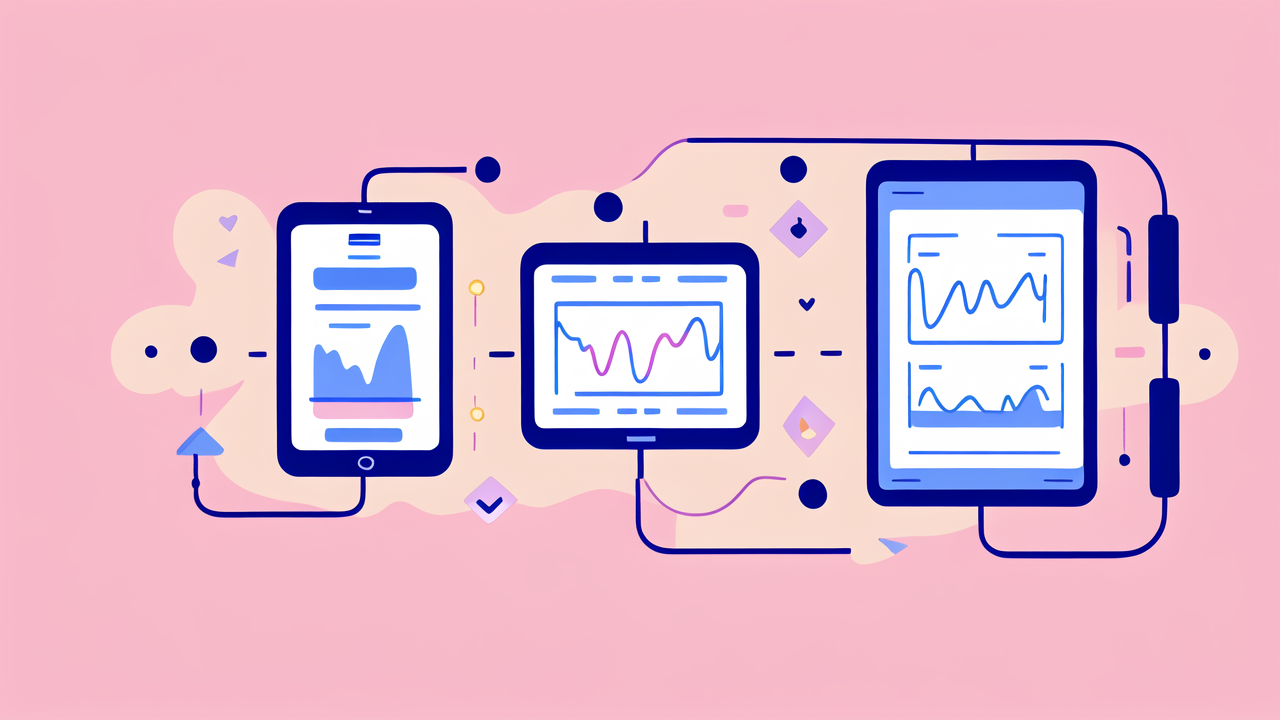The Importance of Body Measurement Tracking Watches in Modern Healthcare
Understanding the Role of Watch Technology in Patient Care
Body measurement tracker watches have become vital tools in modern healthcare. They offer real-time data on patients' vital signs. These devices help doctors monitor health remotely. They also empower patients to take charge of their well-being.

These watches can track heart rate, blood pressure, and sleep patterns. Some even measure blood oxygen levels. This data helps in early detection of health issues. It also aids in managing chronic conditions.
For healthcare providers, these watches offer continuous patient monitoring. This is especially useful for those with heart problems or diabetes. The data collected can guide treatment plans and interventions.
The Evolution of the Health Tracker Watch
Health tracker watches have come a long way since their inception. Early models were basic step counters. Now, they are sophisticated health monitoring devices.
The first digital watches with health features appeared in the 1980s. They could measure heart rate during exercise. In the 2000s, fitness trackers became popular. These focused on step counting and calorie burning.
Today's health tracker watches are much more advanced. They combine fitness tracking with medical-grade sensors. Many can detect irregular heart rhythms or measure blood oxygen levels.
Recent models even offer ECG capabilities. This was once only possible with professional medical equipment. The evolution continues with new features being added regularly.
Key Features to Look for in a Body Measurement Tracker Watch
Advanced Monitoring Capabilities for Health Professionals
When choosing a body measurement tracker watch, look for advanced monitoring features. These should include:

- Continuous heart rate monitoring
- Blood pressure tracking
- ECG functionality
- Blood oxygen level measurement
- Sleep tracking
- Stress level monitoring
Some watches also offer specialized features. These may include fall detection or irregular heartbeat alerts. For health professionals, accuracy and reliability of data are crucial.
Look for watches that have been clinically validated. They should provide medical-grade data that can be used for diagnosis and treatment.
User-Friendly Interfaces and Integration with Existing Systems
A good body measurement tracker watch should be easy to use. It should have a clear, readable display. The interface should be intuitive for both patients and healthcare providers.
Integration with existing healthcare systems is also important. The watch should be able to sync data with electronic health records. This ensures that the information is readily available to healthcare teams.
Look for watches that offer:
- Easy-to-navigate menus
- Clear data visualization
- Compatibility with smartphones and tablets
- Integration with popular health apps
- Ability to export data in standard formats
These features make it easier to use the data effectively in clinical settings.
Security and Compliance with Healthcare Standards
Security is paramount when dealing with health data. Choose a watch that adheres to healthcare privacy standards. It should have robust encryption for data storage and transmission.
Look for watches that are HIPAA compliant in the US. In Europe, they should meet GDPR requirements. The watch should also have features like:
- Secure login options (e.g., biometric authentication)
- Data anonymization capabilities
- Ability to set user permissions for data access
Compliance with medical device regulations is also crucial. Ensure the watch meets FDA or CE standards, depending on your region.
Top Body Measurement Tracker Watches on the Market
Leading Brands and Their Unique Selling Propositions
Several brands dominate the body measurement tracker watch market. Each offers unique features:

- Apple Watch Series 8: Known for its ECG and fall detection features.
- Fitbit Sense 2: Offers stress management tools and skin temperature tracking.
- Garmin Venu 2 Plus: Focuses on fitness with advanced workout tracking.
- Samsung Galaxy Watch 5 Pro: Provides body composition analysis.
- Withings ScanWatch: Offers medical-grade ECG and sleep apnea detection.
These watches cater to different needs. Some focus on general wellness, while others target specific health concerns. Choose based on your clinical requirements and patient needs.
How to Align Your Body Measurement Tracker Watch with Clinical Goals
To choose the right watch, consider your clinical goals. Are you monitoring patients with heart conditions? Look for watches with advanced ECG features. For diabetes management, choose ones with continuous glucose monitoring integration.
Consider the following:
- Specific health metrics you need to track
- Frequency of data collection required
- Integration with your existing healthcare systems
- Ease of use for your patient population
- Battery life and charging convenience
Align these factors with your clinical objectives to make the best choice.
Future Trends in the Development of Health Tracker Watches
The future of health tracker watches looks promising. We can expect to see:
- Non-invasive glucose monitoring
- More accurate blood pressure measurement
- Advanced AI for predictive health analytics
- Integration with telemedicine platforms
- Expanded use in clinical trials and research
As technology advances, these watches will play a bigger role in healthcare. They may even help in early disease detection and prevention. Stay informed about these trends to make future-proof choices.




Leave a comment
This site is protected by hCaptcha and the hCaptcha Privacy Policy and Terms of Service apply.